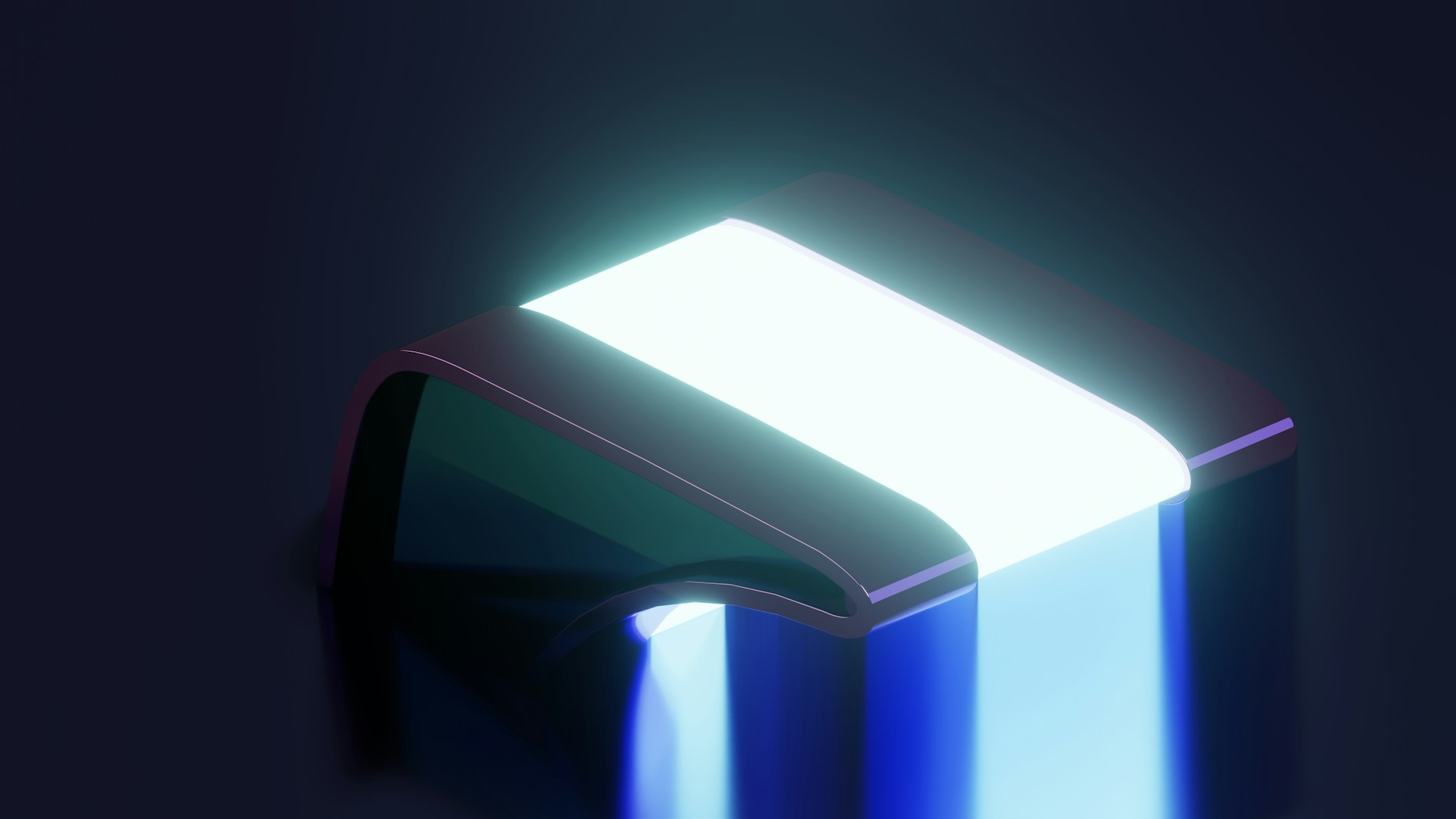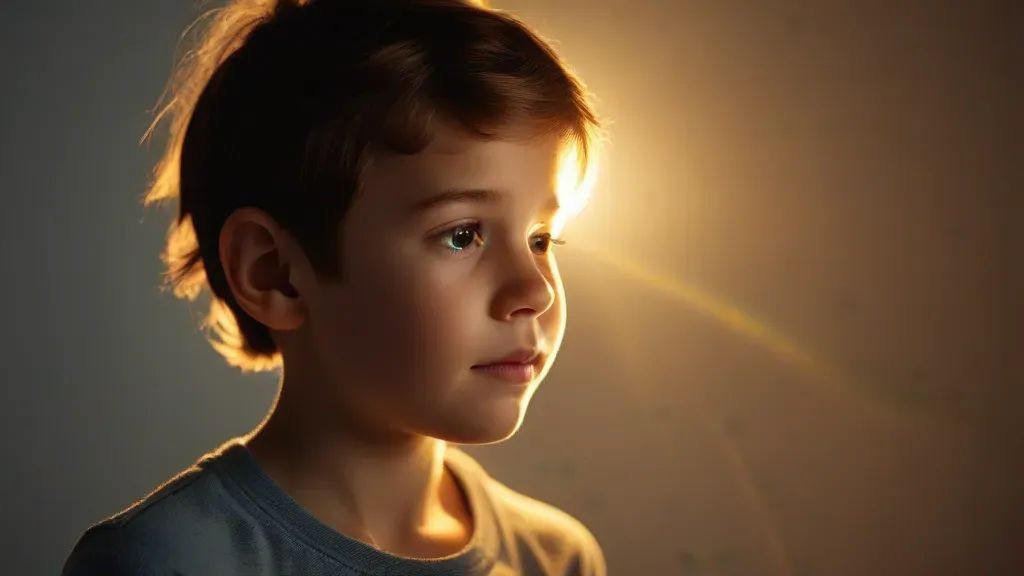Is Light Sensitivity a Symptom of ADHD? Exploring the Connection: 4 Crucial Tips

Attention Deficit Hyperactivity Disorder (ADHD) is a neurodevelopmental condition that affects millions of people worldwide. While most people associate ADHD with symptoms like inattention, hyperactivity, and impulsivity, there’s a lesser-known aspect of ADHD that often goes unnoticed: light sensitivity. Is Light Sensitivity a Symptom of ADHD? In this article, we’ll explore the connection between light sensitivity and ADHD, and how it can impact the lives of those who experience it.
What is Light Sensitivity?

Light sensitivity, also known as photophobia, is a condition where a person experiences discomfort or pain when exposed to light. This can include both natural sunlight and artificial light sources like fluorescent bulbs or computer screens. Symptoms of light sensitivity may include:
- Squinting or closing eyes in bright light
- Headaches or migraines triggered by light
- Eye strain or fatigue
- Difficulty focusing or concentrating in bright environments
While light sensitivity can be a standalone condition, it’s also associated with various other health issues, including ADHD.
Is Light Sensitivity a Symptom of ADHD?
Recent research has shown that there may be a link between ADHD and light sensitivity. A study published in the Journal of Attention Disorders found that children with ADHD were more likely to experience symptoms of light sensitivity compared to children without ADHD (Rosenthal et al., 2020).
Another study published in the Journal of Pediatric Neurology found that nearly 30% of children with ADHD also experienced light sensitivity (Ghanizadeh, 2011). This suggests that light sensitivity may be a common, but often overlooked, symptom of ADHD.
Why Does Light Sensitivity Occur in ADHD?

The exact reason why light sensitivity occurs in ADHD is not fully understood, but researchers have some theories. One theory is that people with ADHD may have an overactive nervous system, which can make them more sensitive to sensory stimuli like bright lights (Kooij et al., 2010).
Another theory is that the brain’s ability to filter out unnecessary sensory information may be impaired in people with ADHD. This can lead to sensory overload, where the brain becomes overwhelmed by too much sensory input, including bright lights (Ghanizadeh, 2011).
How Light Sensitivity Can Impact Daily Life
For people with ADHD who experience light sensitivity, daily life can be challenging. Bright lights can trigger symptoms like headaches, eye strain, and difficulty concentrating, which can make it hard to function at work, school, or in social situations.
Some people with light sensitivity may find that they need to wear sunglasses or tinted lenses to manage their symptoms, even when indoors. Others may need to adjust their environment by using dimmer switches or avoiding fluorescent lighting.
Tips for Managing Light Sensitivity in ADHD
If you have ADHD and experience light sensitivity, there are several things you can do to manage your symptoms:
- Wear sunglasses or tinted lenses when exposed to bright light
- Use dimmer switches or adjust lighting in your environment
- Take frequent breaks when working on a computer or other digital device
- Practice relaxation techniques like deep breathing or meditation to reduce stress and sensory overload
It’s also important to talk to your doctor or mental health provider about your symptoms. They may be able to recommend additional treatment options or strategies for managing light sensitivity in ADHD.
The Bottom Line
While light sensitivity is not a core symptom of ADHD, it’s a common issue that many people with ADHD experience. By understanding the connection between light sensitivity and ADHD, and taking steps to manage symptoms, people with ADHD can improve their daily functioning and quality of life.
If you have ADHD and experience light sensitivity, know that you’re not alone. With the right support and strategies, it’s possible to manage your symptoms and thrive in your daily life.
FAQs:
Is light sensitivity a common symptom of ADHD?
Yes, research suggests that light sensitivity is a common, but often overlooked, symptom of ADHD. Studies have found that up to 30% of children with ADHD may experience light sensitivity.
Can light sensitivity be treated?
While there is no cure for light sensitivity, there are several ways to manage symptoms. These may include wearing tinted lenses, adjusting lighting in your environment, and practicing relaxation techniques to reduce sensory overload. Talk to your doctor or mental health provider about the best treatment options for you.
Can light sensitivity be a sign of other health issues?
Yes, light sensitivity can be associated with various other health conditions, including migraines, eye problems, and certain neurological disorders. If you experience significant light sensitivity, it’s important to talk to your doctor to rule out any underlying health issues.
How can I support someone with ADHD who experiences light sensitivity?
If you know someone with ADHD who experiences light sensitivity, there are several ways you can support them. These may include helping them adjust lighting in their environment, being understanding if they need to take breaks or wear sunglasses, and encouraging them to seek support from a mental health professional if needed.
Empower Your Child to Thrive in the Digital Age with “Screen Fiends”
As a parent, navigating the world of social media and digital devices can be challenging, especially when it comes to ensuring your child’s well-being. If you’re looking for guidance on helping your child develop a healthy relationship with technology, we highly recommend checking out the “Screen Fiends” online course by Lara Honos-Webb, PhD.
This comprehensive course not only teaches you how to help your young children and teens manage and use social media responsibly but also includes valuable lessons from the “Six Super Powers” program. Based on Dr. Honos-Webb’s book “6 Super Skills for Executive Functioning,” these lessons will equip your child with the tools they need to focus, improve productivity, stay organized, and achieve their goals in life.
Don’t miss this opportunity to empower your child to thrive in the digital age. Visit https://courses.bondinghealth.com/ to learn more about “Screen Fiends” and invest in your child’s future today!
Conclusion
Is Light Sensitivity a Symptom of ADHD? Light sensitivity is a common but often overlooked symptom of ADHD. By understanding the connection between light sensitivity and ADHD, and taking steps to manage symptoms, people with ADHD can improve their daily functioning and quality of life. If you experience light sensitivity, know that you’re not alone, and that there are strategies and support available to help you thrive.


